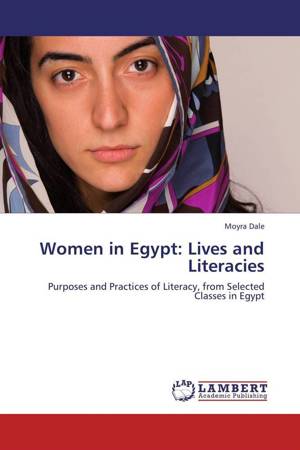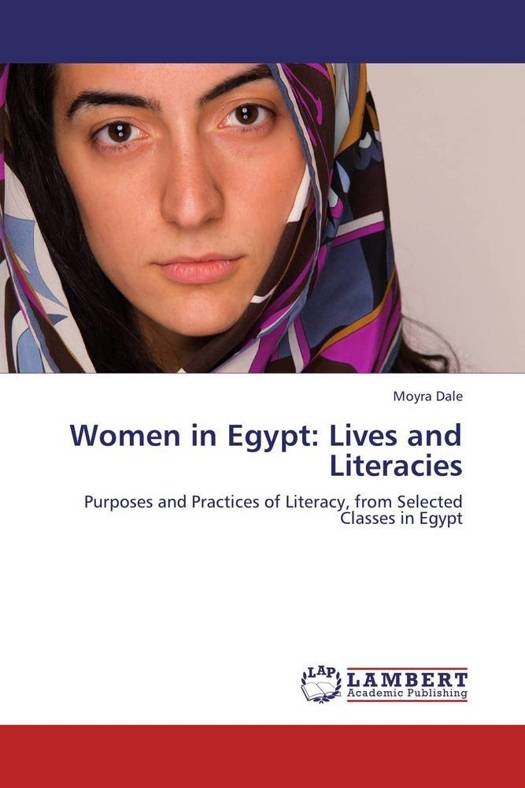
- Afhalen na 1 uur in een winkel met voorraad
- Gratis thuislevering in België vanaf € 30
- Ruim aanbod met 7 miljoen producten
- Afhalen na 1 uur in een winkel met voorraad
- Gratis thuislevering in België vanaf € 30
- Ruim aanbod met 7 miljoen producten
Zoeken
Omschrijving
This book is an ethnographic study of the practices and purposes of women attending literacy classes in Egypt. Beginning in two rural classes, the research progresses to focus on two urban classes, including Muslim and Christian women, from teenage years to those in their fifties. The construction of literacy in performance-based classrooms, and in common, socially-held understandings of learning, disallows much of the women's own experiences, literacies and identities. Community attitudes around roles and gender affect attendance at literacy classes more than the motivation of individuals. Literacy policies could be more effectively directed towards reshaping community values as well as persuading individuals. At the same time, literacy lessons need to be shaped around what women want to read and write, making more use of the texts in women's lives, and particularly their own writing. This research is useful to those working in adult literacy or development, particularly among women or in the Middle East.
Specificaties
Betrokkenen
- Auteur(s):
- Uitgeverij:
Inhoud
- Aantal bladzijden:
- 756
- Taal:
- Engels
Eigenschappen
- Productcode (EAN):
- 9783659138690
- Verschijningsdatum:
- 1/06/2012
- Uitvoering:
- Paperback
- Formaat:
- Trade paperback (VS)
- Afmetingen:
- 152 mm x 229 mm
- Gewicht:
- 1088 g

Alleen bij Standaard Boekhandel
+ 205 punten op je klantenkaart van Standaard Boekhandel
Beoordelingen
We publiceren alleen reviews die voldoen aan de voorwaarden voor reviews. Bekijk onze voorwaarden voor reviews.








